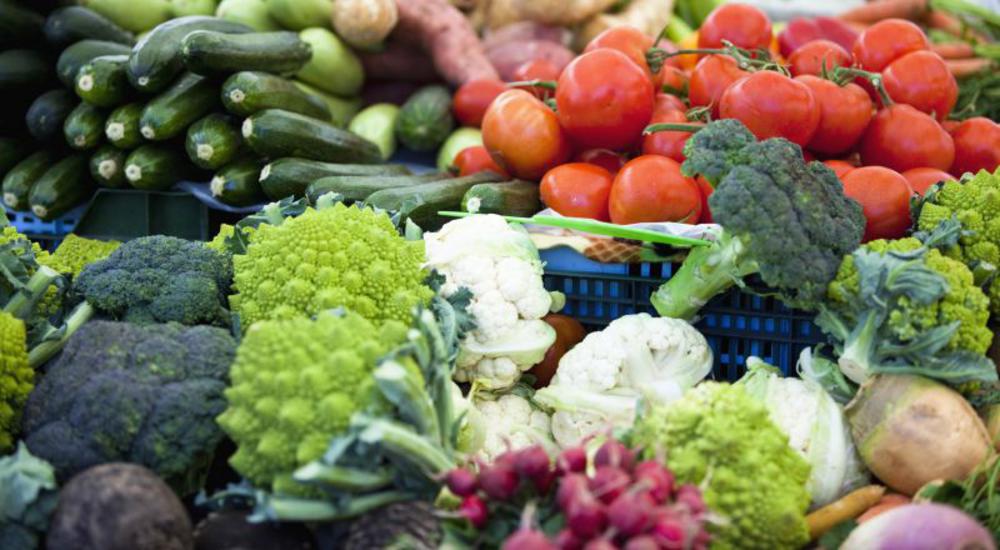Eat Asian not Western
Asian women generally experience a much easier passage through the menopause than Western women. Traditional Asian diets contain more vegetables and often include fermented foods that are high in phytoestrogens. They also include far less dairy and refined foods than Western diets.
Can Phytoestrogens Help?
You ‘ve probably heard the word phytoestrogen before, but what exactly are they, where do they come from and how might they benefit you? Read on for the ‘What, Where, Why’ lowdown.
What are Phytoestrogens?
Phytoestrogens are a type of phytonutrients – that is nutrients that come from plants. ‘Phyto’ is derived from the Greek word for plants. You may also come across them referred to as ‘phtochemicals’. They are found naturally in plant foods such as vegetables, fruits, legumes (beans & pulses) and seeds.
Plants need phytonutrients to help support their defences against disease and also to attract birds and bees essential for pollination and seed dispersal. Many of the wonderful colours seen in fruits and vegetables are a result of phytonutrients and many studies have shown the benefits of these pigments when included in our diets.
Why Might Phytoestrogens Help?
Structurally similar to oestrogen phytoestrogens have been shown to produce weak oestrogen effects in the human body, mildly mimicking the activity of the hormone.
Interestingly the effect of phytoestrogens varies depending on the levels of oestrogen naturally occurring in the body. For those going through the menopause with low oestrogen levels the phytoestrogens have a mild oestrogenic effect, helping to manage hot flushes. In younger women with naturally higher levels of oestrogen they may have an anti-oestrogenic effect.
‘Phyto’ – Fit Eating
Include a good variety of plant-based foods in your diet. Make sure you select lots of different coloured fruits and vegetables in your weekly menus to ensure that you are getting as wide a range of phytonutrients as possible.
Good menopause eating should include fermented soya foods such as tempeh, a chunky patty of fermented soya beans, miso, a fermented soya bean paste, or natto, a fermented food made of soya
